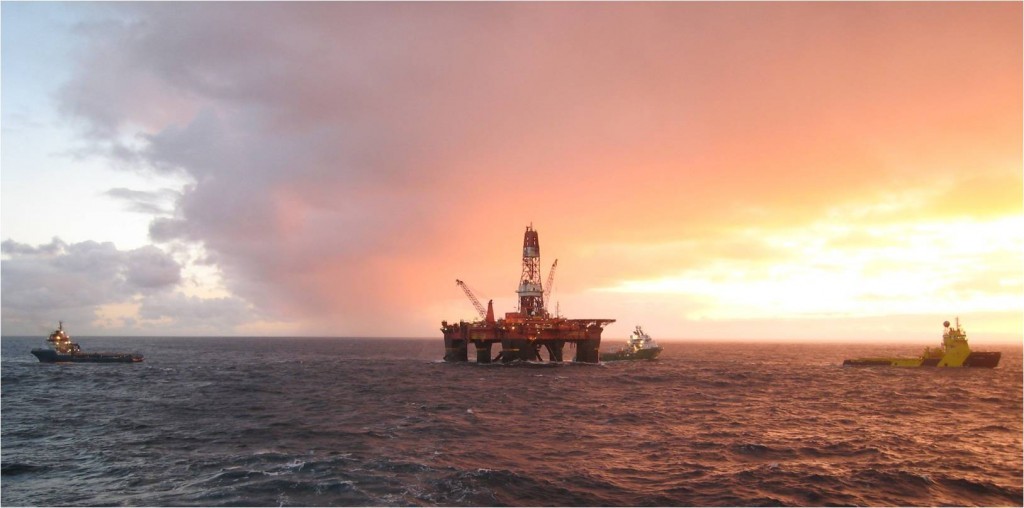
Politicians traded blows over the future of the North Sea oil and gas industry, changes to the tax regime for the sector and the potential for onshore fracking at an energy hustings in Aberdeen yesterday.
Chief Secretary to the Treasury Danny Alexander said he wants to see a continued “downward trajectory” in terms of the tax rate for the North Sea if his party is returned to Westminster.
But the Liberal Democrat, speaking at the event organised by industry body Oil and Gas UK, came under fire from SNP candidate for Gordon Alex Salmond for his role in the coalition’s infamous tax raid in 2011.
Mr Salmond made a call for greater co-operation between industry, governments and universities in a “community of interest” to ensure that the North Sea prospers over the next 50 years.
The former first minister also played down the likelihood of fracking north of the border, arguing it would not happen “any time soon”.
Labour candidate for Aberdeen South, Dame Anne Begg, Conservative candidate for West Aberdeenshire and Kincardine, Alexander Burnett and Green candidate for Aberdeen South Dan Yeats were also on the panel fielding questions from industry representatives.
An amiable opening to the well-attended event did not last long, with Mr Alexander, who is fighting for his political life in the Inverness, Nairn, Badenoch and Strathspey constituency, the first to attack Mr Salmond on his party’s plans for full fiscal autonomy.
Labour’s Dame Anne also weighed in against the potential impact of the policy, while calling for a “slow, managed decline” for the UK Continental Shelf, with an emphasis on retaining skilled workers who have been made redundant in the recent downturn.
Tory candidate Mr Burnett fared well in what was his first hustings event, and argued that his party had “delivered” for the North Sea industry with tax changes in the Budget.
The Green’s city hopeful Mr Yeats also acquitted himself well, despite pitching his party’s stated intention to move away from fossil fuels to an audience of people who make their living from the industry. Mr Yeats argued that “progressive, pragmatic and achievable” solutions were required to diversify the energy economy.
Mr Salmond went on the offensive against Mr Alexander’s record in the Treasury, pointing out that the Lib Dem had claimed credit for the “damaging” increase in the supplementary charge in 2011.
The Aberdeenshire East politician suggested the industry would benefit from a predictable tax regime and the introduction of exploration tax credits, which have proven successful in Norway.
However, he appeared to signal a slight shift in SNP proposals to create an oil fund, stating that investments may not be made into it until the price of Brent Crude recovered.
Speaking afterwards, Mr Alexander said: “What we now hear from the SNP is a proposal for an oil fund that will have no money in it.
“They will open a bank account but won’t pay anything in, and of course given what we have heard from the IFS yesterday, even on their latest change on policy on full fiscal autonomy, Scotland would by £10billion a year short by 2020. There would be no money to pay in anyway.”
Mr Salmond responded: “I have always argued consistently for the principle of an oil fund, but I pointed out that Norway took, I think, seven years between establishing the fund, then oil prices shifting to allow investment in the fund. I think you will find we have more consistency over oil taxation and oil funds than the Liberal Democrats.”
Recommended for you
